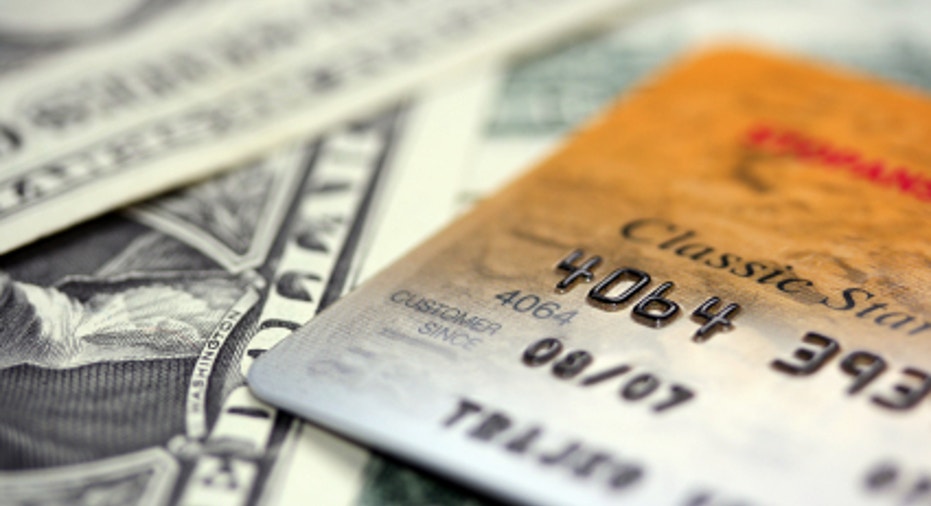If an Issuer Increases Your Interest Rate, do You Cancel the Credit Card?

Dear Opening Credits,
I have been a customer of MBNA for well over three years, never been late on one payment, ever!! I received a notice that as of May my interest will be going up 3 percentage points which, in the big picture, isn't a lot, but I do carry a balance and am really not happy about paying more. I do have another credit card, a line of credit and car loan with various financial companies. If I opt out of the credit card that is upping my rate, will it really affect my rating that much, and how does it work for payments? Can the credit card company just demand that I pay the full balance for me to close the account?
- Cindy
Dear Cindy,
You've just brought up something that everyone with a credit card needs to know: The company that has issued you the account has the right to increase the interest rate on new purchases, even if you've done nothing wrong.
However, as a cardholder you do have some protections in place, thanks to the federal Credit CARD Act of 2009. First, rate hikes on existing balances are limited. Thay can be raised under specified circumstances, such as if you're late in paying by 60 days.
Rates on new purchases are another matter. Banks can do what they please with rates on new purchases -- but you have rights, too. As a long-term customer, the bank has to give you 45 days' notice of the hike, which should give you time to comprison shop for a better offer.
And you have the option to opt out of their new "deal." This means that if you don't like it, you can close your account and repay the balance that you have now at your current interest rate -- as long as you repay what you owe in fewer than five years. So, in this circumstance, you don't have to pay the full balance right away if you decide to close the account.
Before you cancel the card, though, give the company a call and ask if it will reconsider the change. Because you've had the card for several years and have always paid on time, it may give you a break. Keeping it active would be better for your credit score, too. Having and using an established credit account where you have a history of positive activity is great for a score. If the bank allows you to maintain your original APR, then you also won't have to go to the trouble of finding and applying for a replacement account.
Another reason to hesitate is the actual cost of the higher APR. Is the 3 percentage point increase really that bad? The answer depends on the balance that you have on the card and how long it will take you to pay it off to zero. Here are a couple of examples to demonstrate:
One-year payoff time with no new charges:
As you can see, you'd only lose $17 with the new APR on a $1,000 balance. Even if it were $10,000, paying $172 more isn't horrendous. So what happens if you stretch out the payoff time much longer?
Five-year payoff time with no new charges:
The difference between a 17% and a 20% APR still is not dramatic if your balance is just $1,000 and you extend the payoff to five years -- just $98. But if you were to owe 10 times that and it took you 60 months to be in the clear, the total finance charges would be terrible, whether your APR is 17 or 20%.
Should you stick with MBNA, even at the higher rate? The choice is yours. But the main issue is your balance on the account. If it's large, pay it off as swiftly as you can. Not only will you help your credit score (since debt-to-credit-limit is a major factor), but you'll save a massive amount of money.



















